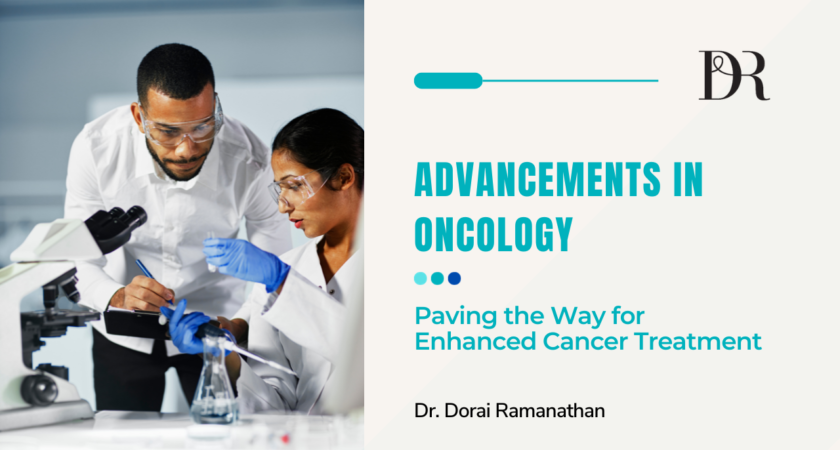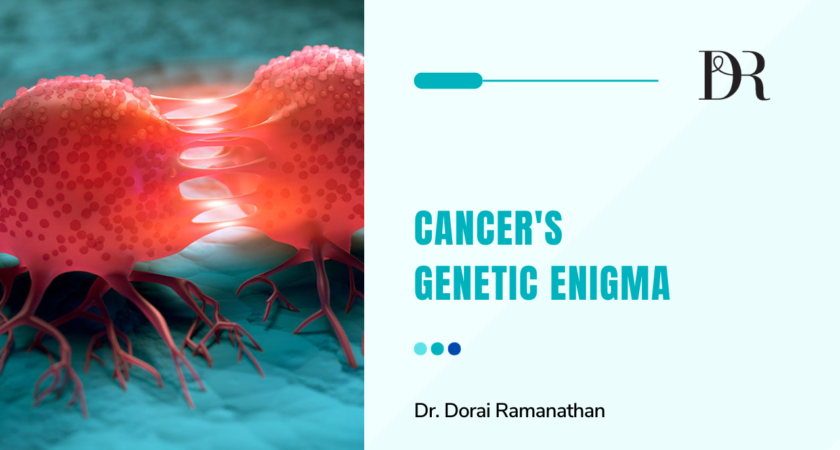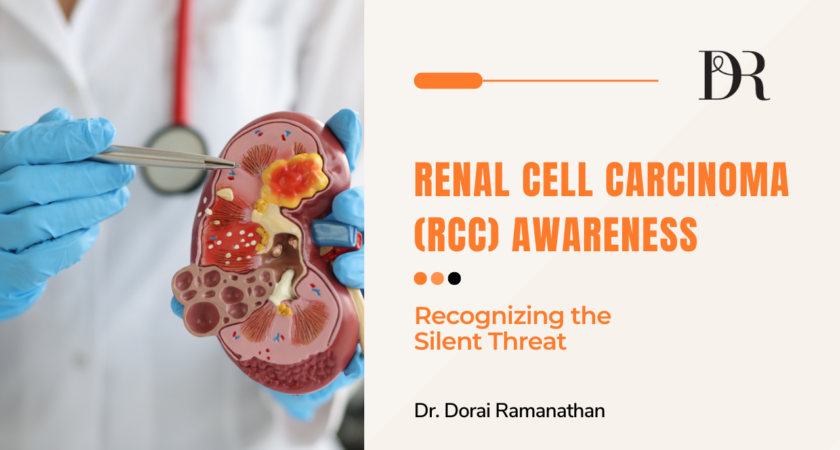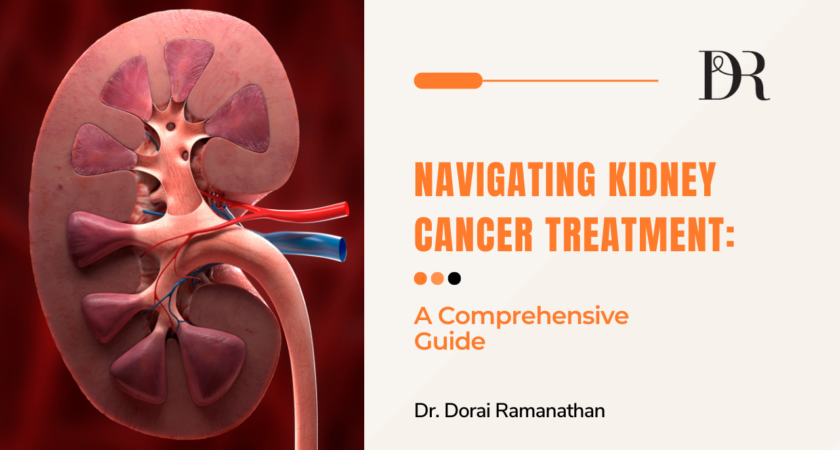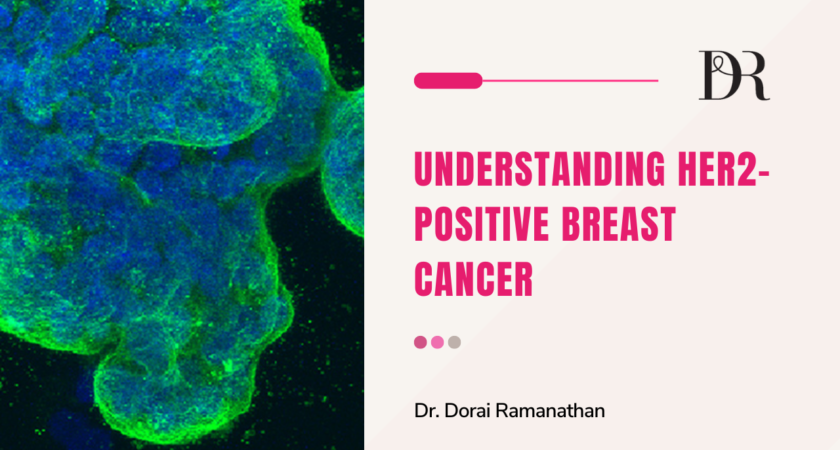Oncology, the dedicated field of cancer research and treatment, is experiencing a rapid evolution with new breakthroughs and treatments emerging constantly. Here, we delve into some of the latest developments that are shaping the future of cancer care, offering new hope for patients battling this complex disease.
Immunotherapy Takes the Lead
Immunotherapy, once considered experimental, has…
